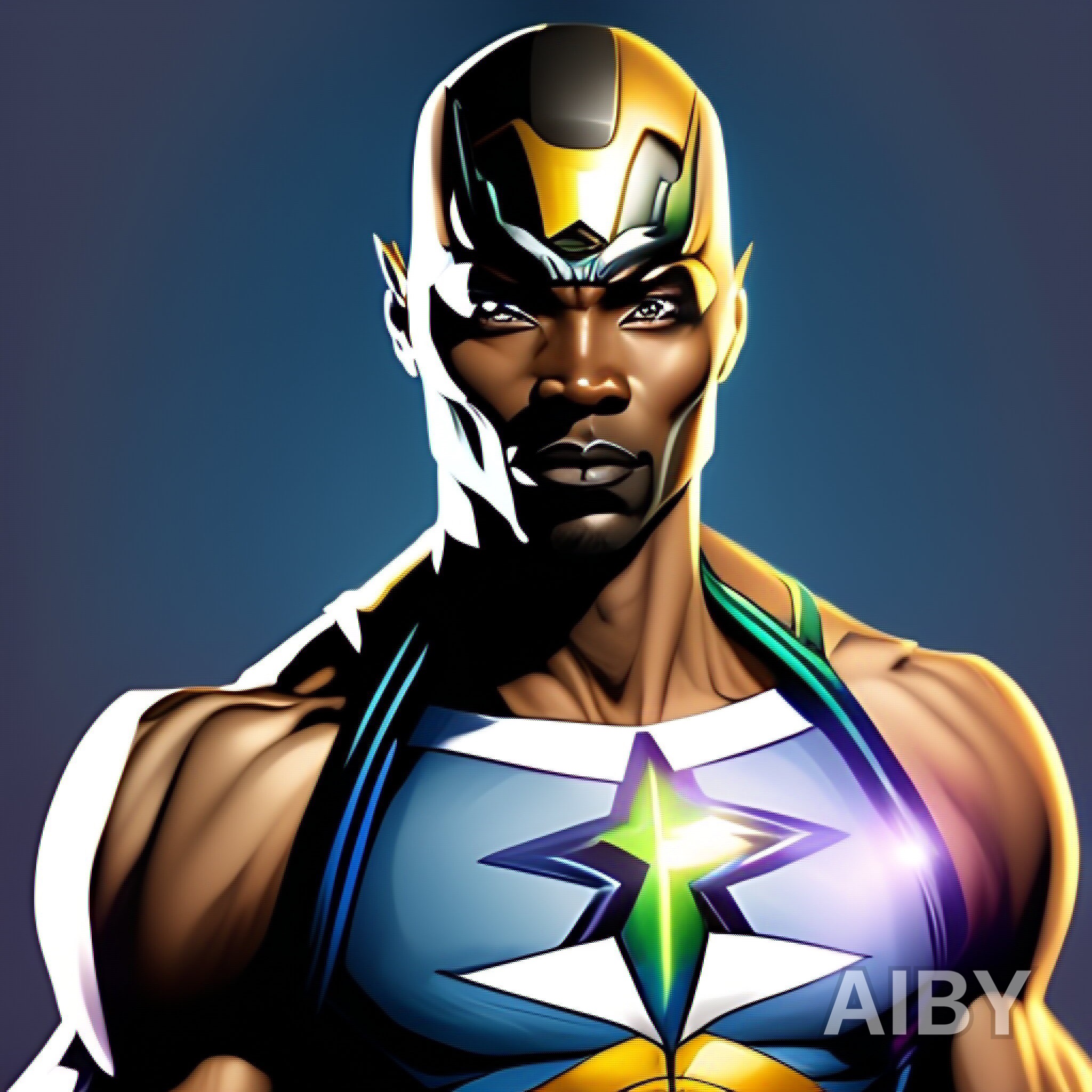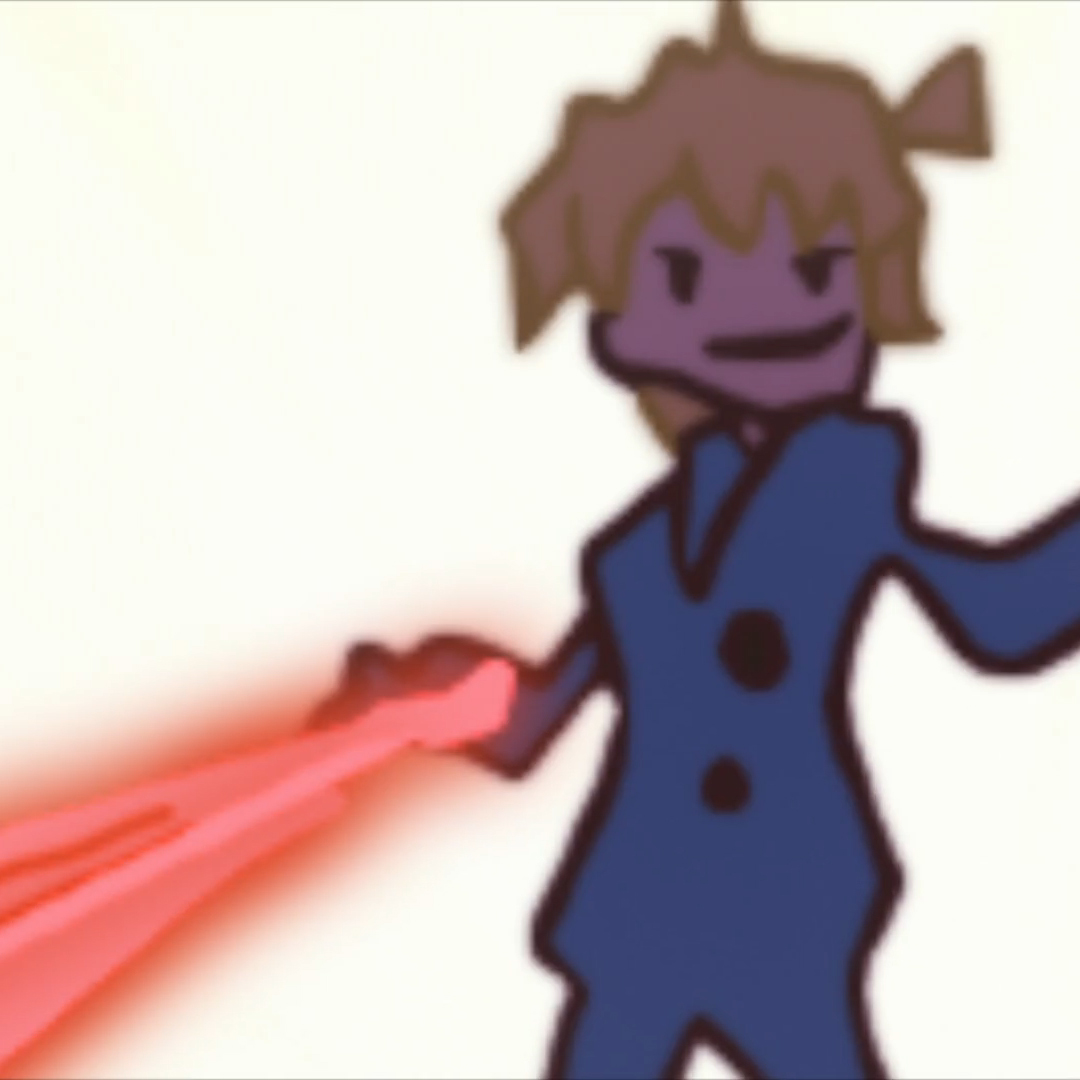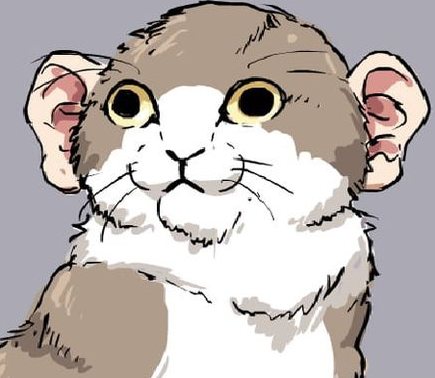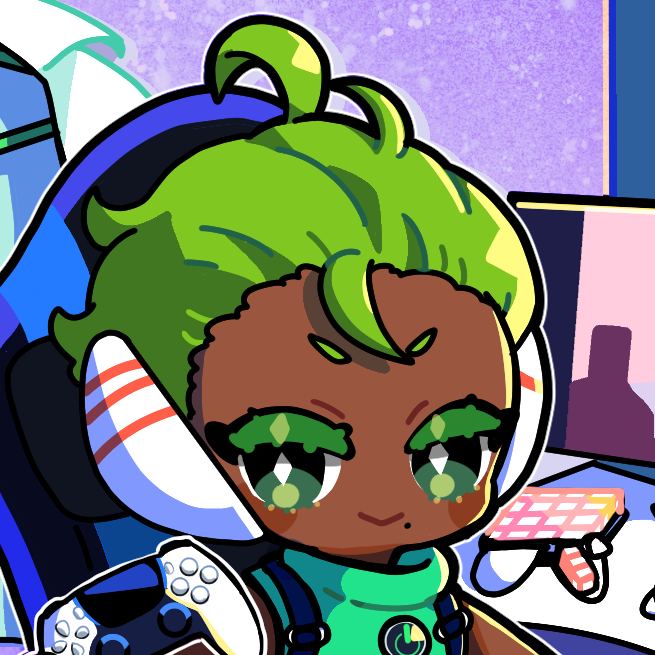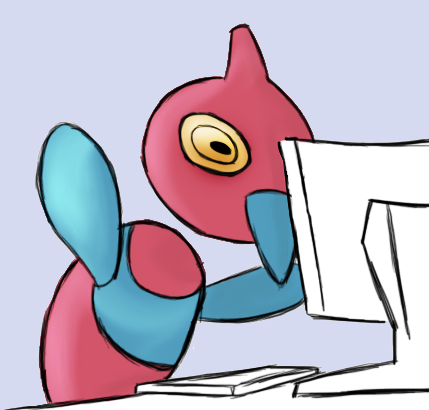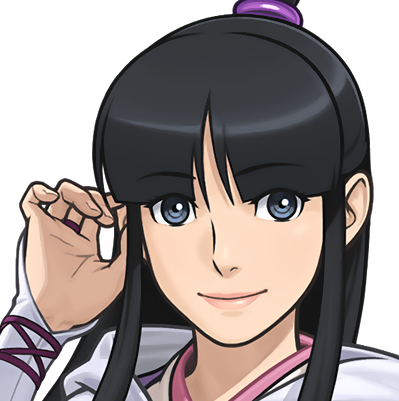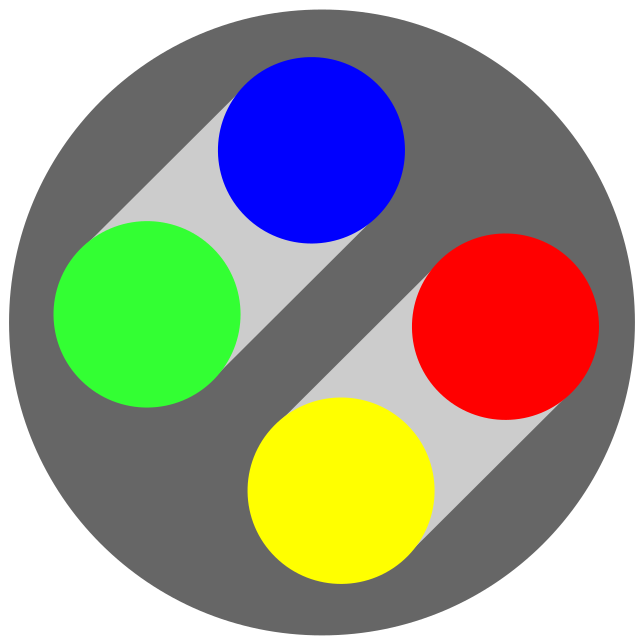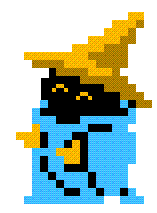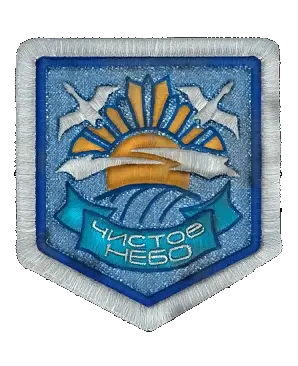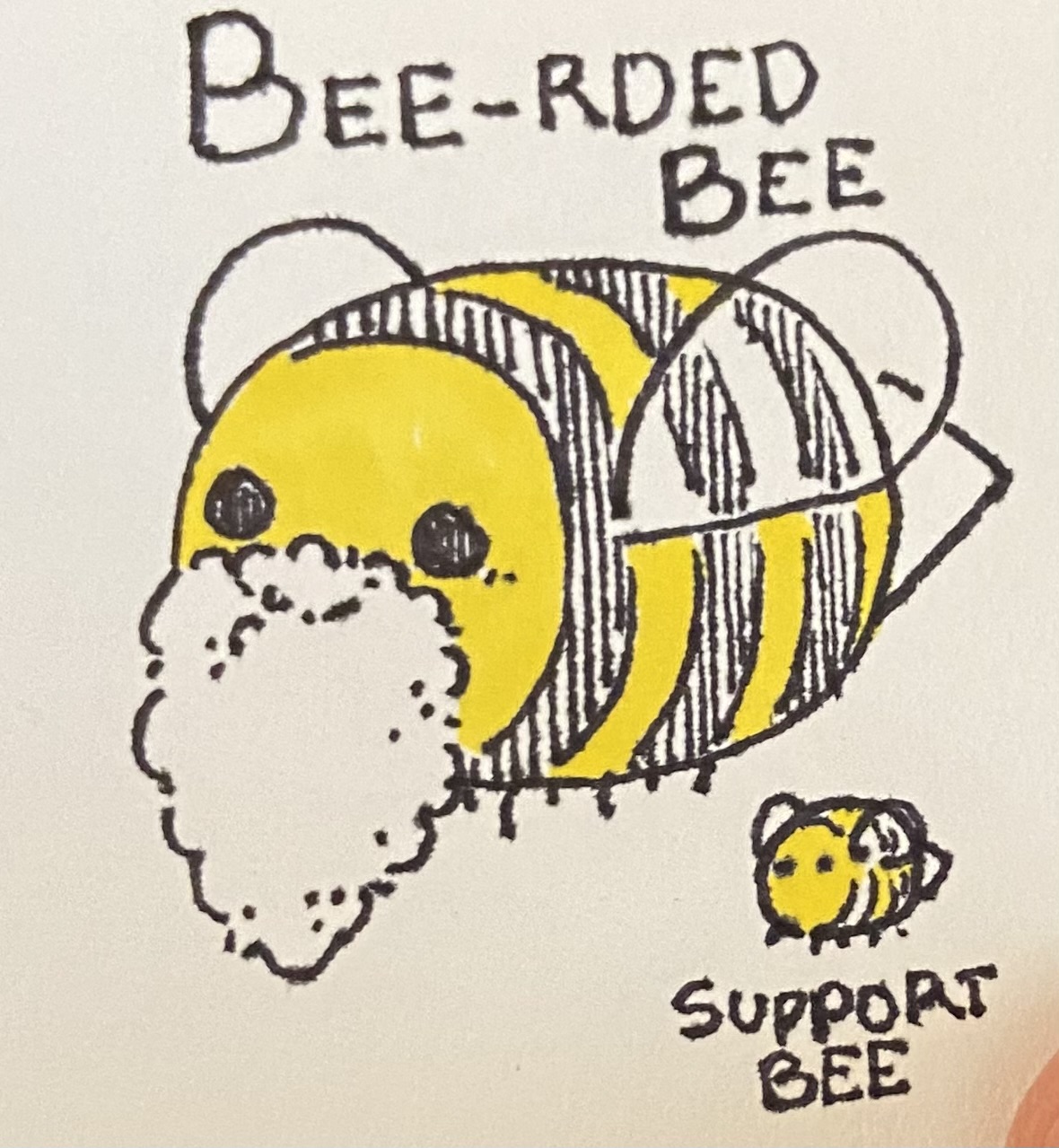interesting article for consideration from Polygon writer Kazuma Hashimoto. here’s the opening:
In February, Final Fantasy 16 producer Naoki Yoshida sat down in an interview with YouTuber SkillUp as part of a tour to promote the next installment in the Final Fantasy series. During the interview, Yoshida expressed his distaste for a term that had effectively become its own subgenre of video game, though not by choice. “For us as Japanese developers, the first time we heard it, it was like a discriminatory term, as though we were being made fun of for creating these games, and so for some developers, the term can be something that will maybe trigger bad feelings because of what it was in the past,” he said. He stated that the first time both he and his contemporaries heard the term, they felt as though it was discriminatory, and that there was a long period of time when it was being used negatively against Japanese-developed games. That term? “JRPG.”
I don’t think his position is reasonable. JRPG does describe an RPG subgenre, just like CRPG or ARPG do. They have specific formats, structures and tropes that they all adhere to religiously.
He also omits the fact that not all RPGs coming out of Japan are called that. Once they stray enough from the trope of the genres, they are no longer included in it. If it looks like a duck, quacks like a duck…
Finally, acting as if people have a racist or discriminatory slight against those games because of the term… I don’t think I’ve ever seen people do that, other than disliking the general style and anime aesthetic which is entirely fair?
I don’t get him.
Also not all JRPGs are developed in Japan, and not all RPGs developed in Japan are JRPGs.
It just happened that the subgenre started out in Japan.
I hear what they’re saying, but I’ve just never heard of anyone trying to dismiss a game for being a JRPG. Sure, they have their style and tropes, and they aren’t for everyone, but I’ve yet to meet anyone who seriously claims that a particular game is bad because it is a JRPG, as opposed to a game simply being a bad JRPG.
It seems to me that between Sony, Nintendo, From Soft, Bandai Namco, Square Enix, and even, yes, Konami, Japanese gaming culture has had a huge influence on so-called Western gaming culture.
I noticed this in the 90s and 2000s. The Japanese perception of Western tastes was massively different than actual Western tastes. There were a lot of games that never made it here because they thought we would not like it and it later turned out to be a hit.
I’m curious, do you have any examples?
The Mother series was a big one
Ryu Ga Gotoku (“Like a Dragon”, formerly “Yakuza”).
The devs feared that the game was too Japanese and would confuse and alienate Western gamers. Over the past decade they’ve been working on being less heavy-handed with localization and allowing the game to just be what it is now that they’re getting all these feedback from players that bursts their bubble.
Yeah the original dub of Yakuza 1 is very clearly trying to make it more “american” for the audience and it suffers for it. It’s also funny because Mark Hamill voices Majima, and he admits that he does not remember doing that at all.
Final Fantasy III and V (The US Final Fantasy III in the US is actually Final Fantasy VI. There just wasn’t a Final Fantasy V until after Final Fantasy VII had already released and FF became more mainstream)
Mother 1 and Mother 3 (Earthbound Zero and Earthbound 2). Mother 1 was released like 30 years later in the west, Mother 3 has never been localized.
like 90% of Ganbare Goemon (Legend of the Mystical Ninjas). The first SNES game is also horribly localized and for some dumb reason they removed the internal SRAM (saving without a password). Probably rental related or somthing. And this has peeved me for my entire life because Ganbare Goemon 2 is probably one of the best Platformers on the SNES, a platform already stacked with some of the best platformers in gaming, and we got the worst version of Ganbare Goemon 1. This was also ongoing as every release after N64 (ending with the DSI) was not localized
The Original Custom Robo on the N64 (And if you’ve never played the Gamecube Custom Robo you owe it to yourself to)
Fire Emblem is a good example. They were very popular in Japan in the 90s, enough so that Smash Bros. Melee (2001) included 2 characters (Marth and Roy), yet the first Fire Emblem game to come to the US was a GBA game in 2003. Now Fire Emblem is incredibly popular in the west.
Monster Hunter also comes to mind. Before Monster Hunter World, main series Monster Hunter games were on Nintendo’s portable gaming consoles, namely the DS and 3DS, because those portable consoles were very popular in Japan. Once Capcom brought the series to the main consoles with Monster Hunter World it became a huge success.
A good example is that many of main numbered Final Fantasy games did not make it to the West until the retro releases years later. A lot of the Dragon Quest games shared the same fate.
I’ve just never heard of anyone trying to dismiss a game for being a JRPGAnd I remember the 2000s where that was common among gamer culture. So what now?
A duel to the death, obviously
I have definitely met people who said they didn’t like JRPGs and weren’t interested in trying X new JRPG coming out.
But that is because they didn’t like the genre, not because they had any negative feelings towards Japan or Japanese game devs. Nobody likes every genre, and that is exactly why having genre labels is a good short-hand.
I don’t like FPS games, that doesn’t mean I have any particular ill-will towards people or companies who make them. It doesn’t matter how good a new FPS is, I probably won’t like it.
This is a very valid point that I don’t care about Yoshi “Black People can’t exist in FFXVI”-P bringing up lol
deleted by creator
I have, in fact, talked to people who are insistent that any RPG made in Japan is a JRPG and any game not made in Japan isn’t. They argued that Dark Souls is a JRPG. They were entirely serious.
Dark Souls is a JRPG
Did they also argue that a hot dog is a sandwich?
That would be a ridiculous position to hold.
Amusingly, Dark Souls seems to have spawned its own mini-genre, with people now calling games “Souls-likes”.
I’ve met such people before.
I disagree with them though, as the tropes and presentation of a game are more pertinent to genre labels, than is the nationality of its creators. There are many western-made JRPGs, and there might even be Japanese-made WRPGs as well.
Oof. Thanks for mentioning this.
Yuck, I just looked up his statements about that. Yeah, I don’t know if I will be playing FFXVI. There are plenty of games that don’t have that problem. Diablo 4 is a good example.
It’s a way to communicate what you expect from a game not some conspiracy to brand all Japanese RPGs lol. Like saying a game is a soulslike or roguelike. I mean Elden Ring is sort of an RPG and never heard anyone call it a JRPG. For JRPG I expect, anime art style, party system, turn based combat, probably a lot of drama lol.
I’m not sure I agree, to me the difference between JRPG and RPG is like the difference between anime and animation. In a western audience, the label has been coopted by games closer to home with tropes we’re more familiar with. That doesn’t make the labeling of Japanese media othering in that sense, so much as it allows us to understand what contexts it is both from and for.
I can see how, to some people, it might be a turn-off (just see all the people that turn their nose up at anime conceptually even if they’d like it) – see the people that may have seen edge of tomorrow in theaters and enjoyed it, but would likely sneer at being told to read all you need is kill, differences in media notwithstanding. But as the media landscape changes and grows it’s useful to have different ways to sort of illustrate the differences in audience as well as the differences in creative context.
Is there a possibility that the usage of anime is also othering? In Japan, “anime” means animation, and if you ask a Japanese person what their favorite anime is, they might say Disney movies. If you translate “anime” into Japanese, it will become “Japanese anime”
However, it seems that there are some animators who think that there is a difference between anime and animation.
I find it interesting that this article doesn’t mention any of the Soulsborne games/Elden Ring/Sekiro, despite them ostensibly all being Japanese RPGs.
It’s because they are not. An Rpg is not a jrpg just because it’s made in Japan. JRPG refers to a very specific type of game, turn based largely linear. Final fantasy, Dragon Quest, Chrono Trigger, Octopath Traveler, etc etc. That’s what most people think when you say JRPG and if so they would be right to say that they like or dislike the genre. This is a non issue as usual.
I’m not sure how you classify a western RPG versus a JRPG, but the thing that stands out in my mind is that those games are full of elements that commonly define each of them, and that makes sense, given the lineage of each branch of “RPG”. Western RPGs stick closer to tabletop stuff, as that’s what developed in the PC scene. JRPGs started out that way, but whisper-down-the-lane and iteration on what they’d already made tended to make different characteristics more prominent. So Miyazaki was likely more familiar with JRPGs, but he’s also said that he was inspired by the difficulty in understanding English D&D, which is why Souls games feel so much like both western RPGs and JRPGs.
Because, what no one wants to admit, it was used to specifically call a text heavy game with no skill required. It’s very clear it was used derogatorily when a game the “hardcore’s” likes comes from Japan and you are playing a role and it is lore heavy, “oh but it’s not really a rpg” uh huh…
Honestly feels like a bit of a gross misuse of the word “othering” given what material horrors are associated with the process. Especially bitter coming from Mr Naoki “economics justifies transphobia” Yoshida.
I feel like there’s an important point in the valence of the word shifting as the American games industry and its colluders in the gaming press started trying to cut foreign and indie developers out. I think I completely missed out on the process of the word becoming pejorative, because I was mostly playing Nintendo and retro games during that era and not really talking about them online outside of people that also liked those kinds of games.
I do think it’s interesting and sad though that negative valence can be attached to an entire region, and specifically a region outside “the West”. “Slavjank” would be another example; meanwhile the endless litany of very poor quality games coming out of the UK in the 80’s and 90’s was never given a simple and catchy term…
But that leads to a point that there’s also something to be said that valence can be contextual. “Jank” means different things to different people and can be meant appreciatively or pejoratively.
Within my friends with the same background and from the same (console) generation as me, and who like the same kinds of game as me, there is definitely a subgenre of RPG with a high degree of mechanical depth and novelty, typically made in Japan, that we crave more of; so some kind of catchy subgenre term is useful.
Half serious but I think the real solution is to start describing mechanically over-streamlined Hollywood wannabes as WRPGs.
Dark Souls is a JRPG
https://neverendingrealm.com/opinion/the-new-debate-is-dark-souls-a-jrpg/
You can’t determine the meaning of a word or phrase just by interpreting its linguistic roots. Yes, Dark Souls is Japanese, and a Role Playing Game (I guess; I haven’t played it), but the term “JRPG” doesn’t merely mean “Japanese Role Playing Game”. It refers to a particular style of game that, until quite recently, was exclusively made in Japan. This is what puts the “J” in “JRPG”, but the term wasn’t invented to split Japanese RPGs off from other RPGs just because they were Japanese (as the linked article suggests). There’s really no reason to do that. If that’s all it was, we’d just say “RPG”. It was invented to describe a particular aesthetic that was very distinct relative to other CRPGs.
I can see the logic behind redefining the Legend of Zelda as a JRPG. That said, it would have been an invalid classification at the time, as there was a world of difference between something like Dragon Quest and something like The Legend of Zelda, and the entire point to the acronym “RPG” was to distinguish the two. Weirdly, we called LoZ an “adventure game”, though there is no relationship between the term “adventure game” on the console scene, which described what we would now call an “Action RPG”, and “adventure game” on the PC, which described what we would now call by names like “Object Hunt” and “Visual Novel”. Words are weird, and their meanings can’t be deduced simply by breaking apart their linguistic roots.
Action adventure would be fair for Zelda as the RPG elements, at least in the SNES era (haven’t played anything else) were, well, not really present, from what I gather the series evolved towards puzzle/action adventure. More like Tomb Raider. We certainly didn’t perceive Zelda as an RPG back in the days. Things like Secret of Mana are more clearly RPGs, but also not JRPGs. I’d firmly place it as an ARPG.
And, just to give my own disparaging take on JRPGs: They’re Visual Novels for Excel-fans.
>calling zelda an action-rpg
>calling zelda a jrpgthis is worse than the “a hotdog is a sandwich” thing.
Every game is an RPG
I hate when people do that. like no, just because you play a role in a game doesn’t mean it’s a rpg. though honestly genre names are so horribly named. like wtf even is an “action adventure”? aren’t most games adventures where there’s action?
or “simulation” games. like every fucking game is a simulation!
Most games aren’t simulations. The difference between a simulation and a game that isn’t a simulation is that… the game is usually way more fun, and a simulation is usually very difficult to play. Take racing games. Cars handle way differently in racing games than in real life, which someone will find out if they try to drive a race car simulator and find themselves quickly spinning out. (Hopefully they learn it on a simulator. I’ve seen people learn it in real cars; it is an expensive lesson.)
or “music” games, what game doesn’t have music?
Correct. But the genre names usually have a history how they originated. Problem is, while the games changes, the names of genres did not. It’s a mess. To be honest, it was a mess from the beginning, but it got worse over time.
I personally see “genres” like tags grouping a game in a few words. With the possibilities and variety of games of today and the ancient genre names of the past, classifying games based on a single genre name does not workout always, especially with terms as broad as Action/Adventure. We even have genres or “game types” named after games titles, such as “Metroidvania”, “Souls-like” or even “Breath-like” (yeah, some use that term too…).
Some even classify GTA as a racing game; it’s ridiculous! But on the other hand, sometimes genres are descriptive of what the game is about to a certain degree “Fighting”, “Racing” or “MOBA” are examples of useful groups. That does not mean games can’t be classified in multiple groups (hence why I said it makes most sense to use these like tags).
the fact that people started using “breath-like” as a genre just shows botw isn’t a zelda game. if it were sufficiently similar to other zeldas, they’d say zeldalike but they don’t.
Chaotic neutral
If everything is a member of a group, then the group doesn’t exist. Categories, genres, any language used to define a group is just a useful tool to talk about and around subjects. Reductionism of categories is pointless. Doom-clone used to be a category, and same with Rogue. Now FPS, and rogue-lite genres exist.
I’m just being reductive for the sake of emphasizing how non-descriptive the term RPG is especially when tons of games have “RPG elements” (ie. stats/level progression).
Yeah no worries, I personally think RPG is an overly used term and perhaps the genre definition is too broad. Anything with stats, is a pretty low bar to meet being an RPG.
How everyone defines these is wobbly though, I feel a JRPG must have some kind of party system, based on all the classic JRPG have parties. Where as I feel an RPG is a game where player power is tied non-exclusively to player skill. Such as Picross is not an RPG as 100% of player power, is tied to player skill. So then I feel Souls games are an RPG, but not a JRPG because you only play as yourself. I think the J in JRPG is just an old carryover, and maybe we should call them Party RPGs, but that’s pretty easily confused with Party games, which is totally unrelated.
I mean, it’s not the rest of the world’s fault that Japan produced enough Final Fantasy clones to create a whole genre. But I guess we can try to call them something else. FFRPG? Linear RPG? Grindy-RPG? Not-Really-RP-RPG? Semi-Open-World Turn-Based Narrative? What would be preferable?
Lol, yeah this is such a bizarre take. Like, no one calls Elden Ring a JRPG even though it’s made in Japan. JRPG is a genre, full stop.
The WRPG is also a thing. There is a very clear difference in how developers in the West versus the East approached the adaptation of the TRPG to the video game format, which is what all RPG’s are rooted in. Square/Enix/Falcom and others used prebuilt parties and turn based combat, with a heavy emphasis on story, while western developers put way more control into players hands with character creation and role play (and often real time rolls/gameplay), with less developed stories and side characters. No approach is the “correct” one.
What would be really interesting to hear reported on is whether this was rooted in player preference. Like, did Japanese TRPG players gravitate more toward prebuilt campaigns and characters? Did Western players indulge in more varied self expression and try to break the game while disregarding the story the DM was trying to tell? Tbf, the former sounds much nicer to DM.
I’m guessing the divergence came from one set of games being designed for a console controller that had only a few buttons and the other set being designed for computers with keyboards and mice. The original Final Fantasy was much closer to D&D than modern entries, but modern entries still have a lot of DNA from the first Final Fantasy.
“they deserve to be othered as a country of developers because of square enix”?
I didn’t say that. Which of the alternative names would you prefer to describe a thousand clones of the same game?
Mid-2000’s gamer culture really was the worst.
I am sad to hear that the term “JRPG” has been tarnished by the hypermasculinity of that time. PS2 era JRPGs were an absolute heyday and one of my favorite periods in gaming (possibly mostly due to nostalgia goggles, but still).
It was very much where people told anyone to go if they had any complaints about a skill check in a game, definitely used derogatorily for decades!
Really well-done article, thanks for posting.
I’m more offended they’re even called RPGs when you have no real freedom of choice.
Tabletop RPG: “Role playing game”
Computer RPG: “stats and levelling”
I respectfully disagree with Yoshida. I never considered JRPG a “discriminatory” or “othering” term. JRPGs have their own style that’s distinct enough to warrant identifying, like the industry distinguishes between “first person shooters” and “third person shooters”. To a non-gamer, the difference may seem trivial, but to people who actually play the game, it’s huge.
That being said, I’m surprised that someone so closely involved with gaming would make such a statement. If anything, it sounds unnecessarily defensive.
Seems kinda whiny. I’ve never heard jrpg used in a bad way.
I’d like to see a poll or something to hear if most japanese devs feel this way. I bet it’s just a vocal whiny minority.
I love jrpgs, chrono trigger is one of the best games ever made, and I’ve put a big chunk of my life into dragon quest games.
I’d like to see a poll or something to hear if most japanese devs feel this way. I bet it’s just a vocal whiny minority.
i mean, beyond the fact that you’re calling a very established Japanese developer a “vocal whiny minority”… the article literally touches on how opinions aren’t homogeneous (because obviously they won’t be), and provides a link to how the Xenoblade Chronicles X developers feel about the term. here are their thoughts, for context:
RPGs are the only genre I can think of where there is a designation between the country of origin. Why do you think that’s unique to RPGs?
Takahashi: You may not be aware of this, but I think a lot of the time when people use JRPG in the Japanese market, they actually do have negative feelings that are building up behind that. Unless the rest of the world shares those negative connotations, then that’s not something I would worry about at all.
Yokota: Certainly, it often designated to people that they might see a similar presentation style that they see in anime or manga.
Takahashi: I like to think about the fact that even in the US market, you guys say “comics,” but you also say “manga.” The two words designate the country of origin, or the style, if it’s the case of someone emulating that. It’s the same in Japan where we say manga, but we also say american comics. I feel like this kind of usage is similar to what we’re seeing with “JRPG” being used a term outside of Japan.
it just also thinks the balance of evidence supports its claim, even if some Japanese developers embrace it or are ambivalent to it: that the term is primarily used to other the genre. you can take or leave that claim—it’s not wrong to not agree with it—but this specific point is something that makes me assume you didn’t read the article, just the title or maybe a paragraph.
Eyes narrow for fuck’s sake what is this
JRPGs definitely did get dunked on sometime within the past couple decades. There was definitely commentary going around about how JRPGs were somehow bad because they’re too linear and tended to have too many similar story tropes/character archetypes and random battles were bad, yadda yadda. Some people even speculated that the genre was dying out. (That prediction obviously turned out to be wildly inaccurate.)
I guess it could be argued that some people did dunk on it for culture-specific reasons, especially for the anime art.
You’re calling Yoshi-P, a very famous and influential Japanese game industry vet, “whiny.” Surely he’s earned enough respect for us to listen to his thoughts on what he considers derogatory!
This is interesting because I can see where he’s coming from, but like others I see it as more of a distinct genre from Western RPG. There is no general RPG genre which a game can be categorized as to represent “the norm” which jrpgs are aberrant from. That being said, labelling western rpgs and jrpgs doesn’t indicate the design philosophy which is actually indicated by those terms. The west has produced many jrpgs and Japan has produced many western rpgs, and that doesn’t make sense unless you know what those terms actually mean.
I wonder what these genres could be called which would be better indicators? Dragon Quest-likes and Ultima-likes?




